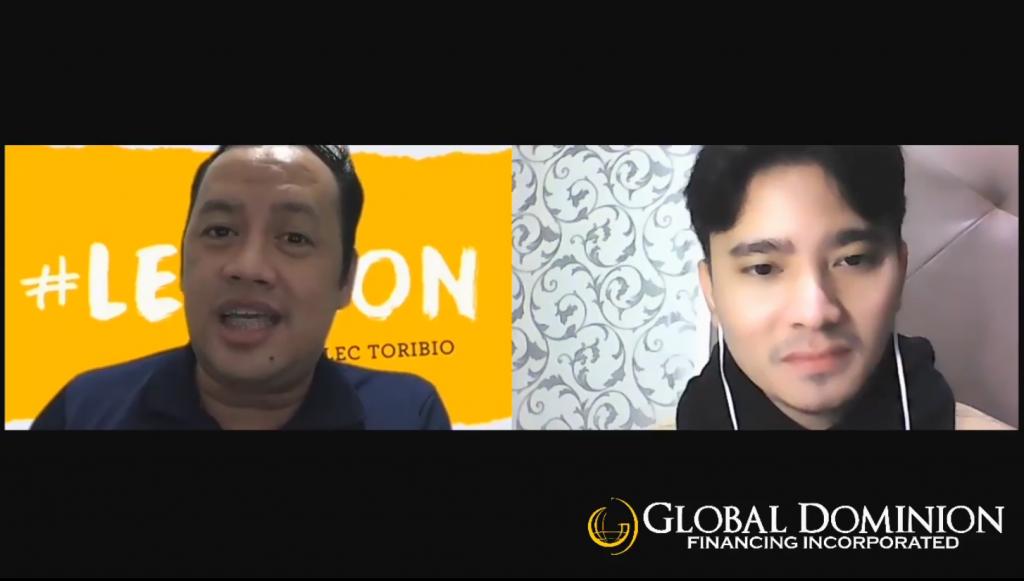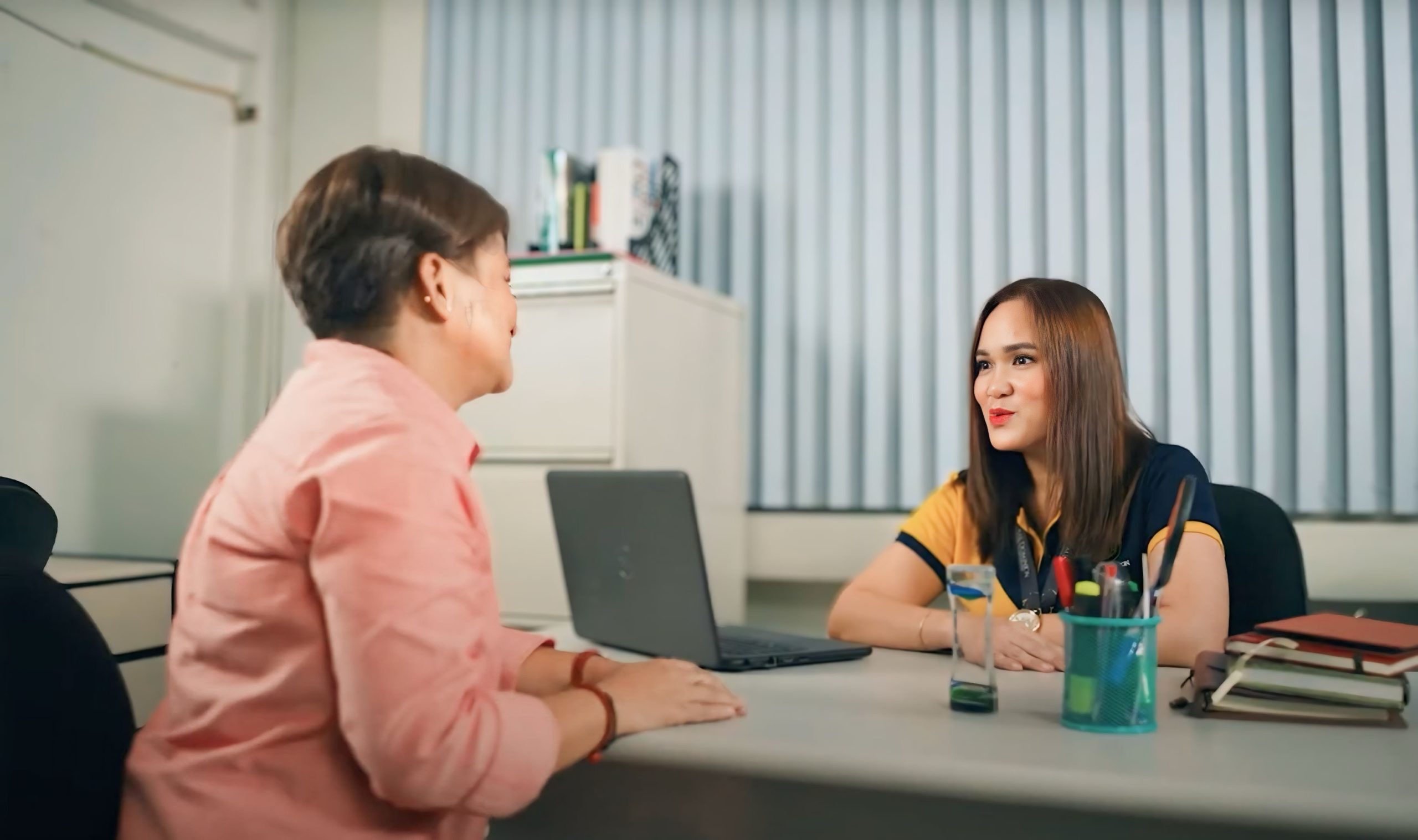How a loan can help you: A discussion with Prof. Lec Toribio

Our most lively and energetic video interview would probably be the one with Professor Lec Toribio, the author of the book #LECSYON. Lec teaches in universities and campuses and has delivered 388 talks around the world, as of the interview date.
Lec started by emphasizing that it is important to know how to handle one’s finances. He says having money is separate from being able to handle it properly, and adds that even if you finally obtain money there’s still a chance that you will struggle managing it if you do not know how to handle it. He compared it with having a car – while buying a car may be your ultimate goal, knowing how to drive is certainly an essential, and it is something you can study for and train yourself on even before you get to buy your own car!
“If you stop learning, you’ll die,” Toribio declares. “If you want to EARN, you need to LEARN,” he adds. Listening would be the “L” in the word “learn”, which the professor identifies as one of the most important components of learning, saying that even professors like him must devote time to study.
One of the easiest ways to manage your finances, which many Filipinos fail to do despite its ease of execution, is writing down budget and expenses. He says budgeting can be very flexible and personalized, which he tags as KKB – “Kanya-Kanyang Budget”. Once writing is in place, planning is absolutely possible. He then used the popular line, “If you fail to plan, you plan to fail!”
When it comes to availing loan products, he calls a debt to be a “bad” one if nothing returns out of your loan. During the discussion he also reiterated his opinion that it is never right to consider your kid’s education as an investment for yourself, hence, applying for a loan for your kid’s education is a situation one should preferably think twice about. As education and/or schooling is expected, it is better than parents are prepared to finance it one way or another. Good debt, on the other hand, would be those for which the borrower gets more in return, which means the loan proceeds are for business capital formation and other forms of investments. He adds that loan products should be the last option when dealing with unexpected and/or emergency expenses. Critical thinking is a core component in any decision one needs to make, and that includes applying for a loan. Checking for opportunities around, like selling online and getting additional jobs for additional sources of income, would be preferable before considering availing loan products, if there seems to be no other way around it.
Prior to applying for a loan, the professor shared a list of things to consider.
- What is your plan for the money you need?
- Do you have the ability to pay for the loan?
- If you are going to use the loan proceeds for a business, you have to double down on planning.
- Do you foresee returns from this investment?
Finally, when you figure out that you’re ready to apply for a loan, you can then go to gdfi.com.ph to apply!
In the end, Lec shared a piece of advice to those who have been struggling managing their loans (or credit cards) – face it! Communicating with the bank or the financial institution from which you had debt is critical. Calling them and asking them for arrangements would be the best way to start managing what you have to pay, especially if you started becoming less able to pay for it. Commitment follows your communication with them, showing them how willing you are to pay and actually paying on time as agreed. When it comes to commitment, he was able to identify three levels based on how we communicate them:
- I will try.
- I will do my best.
- I will do whatever it takes.
To him, “I will try” almost means “nope”, “I will do my best” means 50-50 chances someone would actually do it, while the last one, “I will do whatever it takes” would be the highest form of a commitment statement. And when it comes to repaying your loan or credit card, “I will do whatever it takes” would be the best.
Loan products are absolutely essential in times of crisis. It helps trigger the economy to restart by funding businesses and purchases that consequently leaves a domino effect in the market.
Watch Prof. Lec Toribio’s full interview here, see more #GlobalDominionOnline premiere Facebook videos and feel free to comment for questions or feedback.






